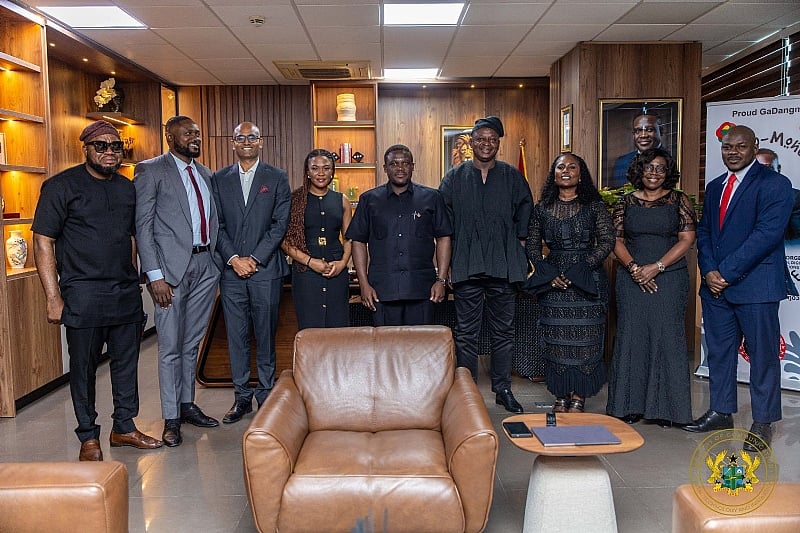The Ghanaian government, spearheaded by the Ministry of Communication, Digital Technology and Innovations and the Ministry of Transport, is embarking on a transformative journey to modernize the nation’s transport sector through the strategic integration of technology. This initiative aims to leverage technological advancements to improve efficiency, accessibility, and overall quality of transport services for citizens. While the Ministry of Communication will play a pivotal role in facilitating technological partnerships and ensuring seamless integration, the operational oversight and regulatory framework will remain firmly under the purview of the Ministry of Transport. This collaborative approach seeks to harness the expertise of both ministries, creating a synergistic environment for innovation and development within the transport sector. The recent meeting with Yango, a prominent international ride-hailing service, exemplifies the government’s proactive approach to exploring potential collaborations and exploring innovative solutions.
A key element of this modernization effort is the existing electric vehicle policy and its accompanying roadmap. This forward-looking policy signals Ghana’s commitment to sustainable transport solutions and its readiness to embrace environmentally friendly alternatives. The government’s eagerness to partner with companies like Yango underscores its recognition of the private sector’s role in driving innovation and investment within the transport ecosystem. Such partnerships are envisioned to not only enhance existing infrastructure but also introduce new and improved services that cater to the evolving needs of the Ghanaian populace. The integration of technology is expected to address various challenges, including traffic congestion, accessibility issues, and the environmental impact of traditional transport systems.
The introductory meeting with Yango served as a crucial first step in exploring the potential for collaboration and understanding the company’s proposed contributions to Ghana’s transport system. While the initial discussions were primarily focused on introductions and establishing a common ground, subsequent engagements are planned to delve into the specifics of Yango’s proposals. This detailed review will involve assessing the viability and feasibility of integrating Yango’s solutions within the existing regulatory framework and infrastructure. The government’s emphasis on a thorough evaluation demonstrates its commitment to responsible implementation and ensuring that any adopted solutions align with national interests and long-term development goals.
This collaboration between the government and private sector entities like Yango holds significant promise for transforming Ghana’s transport landscape. By leveraging Yango’s expertise and technological capabilities, the government aims to introduce modern, efficient, and accessible transport options for citizens. This includes exploring possibilities for ride-hailing services, optimized routing systems, and other innovative solutions that can address the existing challenges and improve the overall commuting experience. The government’s commitment to fostering a conducive environment for technological innovation is expected to attract further investment and stimulate growth within the transport sector, creating new opportunities and contributing to economic development.
The presence of key figures from both the public and private sectors at the introductory meeting highlights the importance and seriousness of this initiative. The participation of high-ranking officials from the Ministry of Transport, DVLA, and Yango’s leadership team signifies the commitment of both parties to explore this potential partnership and work towards a common goal. This collaborative approach, involving stakeholders from various sectors, ensures a comprehensive understanding of the challenges and opportunities within the transport ecosystem, leading to more effective and impactful solutions. The diverse expertise represented at the meeting will be crucial in shaping the future direction of Ghana’s transport sector and ensuring its alignment with national development priorities.
In conclusion, the Ghanaian government’s proactive approach to integrating technology within the transport sector marks a significant step towards modernizing and enhancing transport services for its citizens. The collaborative approach, involving both public and private sector stakeholders, ensures a comprehensive and well-informed approach to implementing innovative solutions. The focus on electric vehicle policy, coupled with the exploration of partnerships with technology-driven companies like Yango, demonstrates a commitment to sustainable and future-oriented transport systems. The detailed review process for proposed solutions ensures responsible implementation and alignment with national interests. This initiative holds immense potential for transforming Ghana’s transport landscape, improving efficiency, accessibility, and overall quality of life for its citizens, while also contributing to broader economic growth and development.














